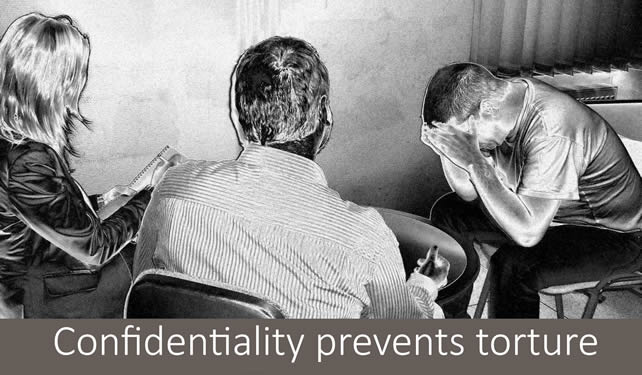OPCAT - AJBH-EN
OPCAT
Office of the Commissioner for Fundamental Rights
National Preventive Mechanism

Activity of the National Preventive Mechanism to prevent torture and other cruel, inhuman or degrading treatment or punishment
The UN Convention against Torture and other Cruel, Inhuman or Degrading Treatment or Punishment became part of the Hungarian legal system as a result of the adoption of Legislative Decree 3 of 1988.
The Parliament adopted Act CXLIII of 2011 on the Promulgation of the Optional Protocol to the UN Convention (OPCAT – Optional Protocol to the Convention Against Torture), aimed at the practical implementation of the ban on torture and other cruel, inhuman or degrading treatment or punishment, on October 24, 2011. The Protocol established a system within which independent international and national bodies may regularly inspect those places where people deprived of their liberty stay.
The system established by the Protocol is built on the Subcommittee on Prevention, operating under the auspices of the UN, and on the National Preventive Mechanisms operated by the States Parties. Based on Section 2(6) of Act CXI of 2011 on the Commissioner for Fundamental Rights, the Commissioner for Fundamental Rights has performed the tasks of the National Preventive Mechanism in Hungary since 1 January 2015.
The Commissioner for Fundamental Rights shall also be entitled to authorize, on an ad hoc or permanent basis, external experts to cooperate in the implementation of his tasks.
With regard to the activity of the National Preventive Mechanism, in addition to the penal institutions of the penitentiary and police organisations, all places under the control of the state, the church, the local government, or those operated by a market player are considered to be places of detention, where persons are or may be deprived of their liberty, either by virtue of an order given by a judicial, administrative or public authority, or at its instigation, or with its consent or acquiescence.
The National Preventive Mechanism may initiate measures to terminate or prevent treatments that disregard the prohibition of torture, inhuman or degrading treatment or punishment, identified in the course of its inspections.
During its activity to prevent torture, inhuman or degrading treatment or punishment, the National Preventive Mechanism visits places of detention ex officio, its activity is not solely based on investigating complaints. The National Preventive Mechanism takes into consideration the information that it becomes aware of in the course of selecting the places to be visited, or forwards them to the other departments of the Office of the Commissioner for Fundamental Rights that are responsible for dealing with complaints.
Based on Article 21 of the Protocol, no authority or official shall order, apply, permit or tolerate any sanctions against any person or organization for having communicated to the national preventive mechanism any information, whether true or false, and no such person or organization shall be otherwise prejudiced in any way.

